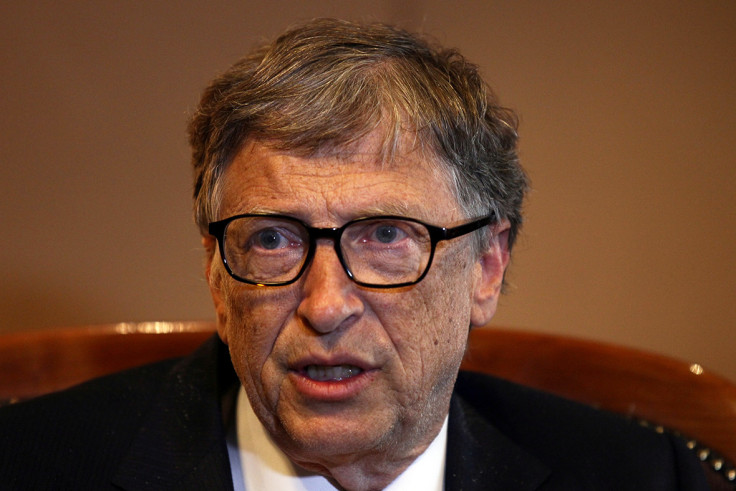Bill Gates: Tax robots if they steal human jobs
The tech titan says people should be enthusiastic about innovation and not fear it.

Tech titan and Microsoft co-founder Bill Gates has found a new way to address the challenge of robots taking over human jobs.
Gates says robots that take over human jobs should be taxed and governments should take up the responsibility of implementing job redirection especially for those with lower incomes. The tax can be used for financing human centric jobs like taking care of the elderly or working with children in schools, for which robots cannot be seen as a replacement.
"Right now, the human worker who does, say, $50,000 (£40,283) worth of work in a factory, that income is taxed and you get income tax, Social Security tax, all those things. If a robot comes in to do the same thing, you'd think that we'd tax the robot at a similar level," said Gates in an interview with Quartz.
According to McKinsey's latest report from January nearly 50% of jobs done by humans today are at risk of being replaced by robots by 2055, which could amount to a loss of about $15tn in wages. Gates thinks the paranoia surrounding robots taking human jobs should go and measures like taxing robots will go a long way in addressing job replacement concerns.
"It is really bad if people overall have more fear about what innovation is going to do than they have enthusiasm. That means they won't shape it for the positive things it can do," Gates said.
If such a tax was to be implemented there might be some discomfort among corporations whose sole aim of bringing in robots is to bring down labour costs. Gates believes the government has a big role to play in solving the inequality of wealth issue.
"Well, business can't. If you want to do something about inequity, a lot of the excess labour is going to need to go help the people who have lower incomes.... But the inequity-solving part, absolutely government's got a big role to play there," said Gates.
© Copyright IBTimes 2025. All rights reserved.





















